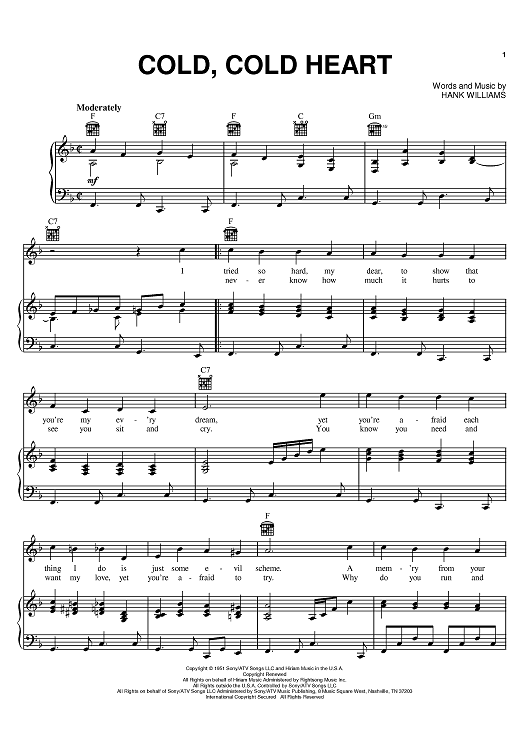

Two characters in Rosa’s Very Own Personal Revolution discuss whether to represent a particular woman as “an Ontarian or Manitoban who married a Québécois” and debate the merits of descriptors like ‘French-Canadian’ and ‘Québécois’ (deemed preferable). Roy is sometimes presented as a Québécoise author for her renowned depictions of Montreal, sometimes presented as a Manitoban author because she was born in St.

In just a few chapters, she will “absorb every detail of Boulevard Saint-Laurent, her eyes like Champollion’s deciphering the dust-covered inscriptions of the Rosetta Stone.”ĭupont describes Montréal’s Saint-Laurent as “a swarming, bustling museum of every luxury and hardship, every language and colour, every sorrow and enchantment”, evoking Canadian writer Gabrielle Roy’s 1983 autobiography La Detresse et l'enchantement-translated into English as Sorrow and Enchantment by Patricia Claxton. Although it opens in Notre-Dame-du-Cachalot, a “hamlet at the end of the world, a tiny village forgotten by God and all of humankind” on the Gaspé Peninsula, Rosa has a “long life ahead of her, a very long life indeed”, and her vistas broaden. In some ways, it’s hard to imagine Rosa’s story being published internationally-it’s more Canadian than poutine with maple syrup in other ways, it’s a story about reaching beyond familiar borders.

If they didn’t tell them, there wouldn’t be a Canada today” a character notes in Dupont’s 2019-Giller-Prize-winning novel Songs for the Cold of Heart (also translated by McCambridge). Rosa’s story is quintessentially Canadian and as much an eruption as a creation, the prose thrumming so persistently as to appear organic, a sure indicator of the attention-to-detail beneath the novel’s surface. “I don’t think I’ve ever written as freely since,” he says of Rosa’s story, which won Radio-Canada’s “Combat des livres” in 2008. This is Dupont’s second novel, Peter McCambridge’s translation of 2006’s La logeuse-the book Dupont cites as his favourite. “Twenty-six letters come up ridiculously short when you’re trying to bring across the full complexity of human relationships,” one character observes in Rosa’s Very Own Personal Revolution Eric Dupont, however, drafts all twenty-six letters into service to create an unforgettable tall tale.


 0 kommentar(er)
0 kommentar(er)
